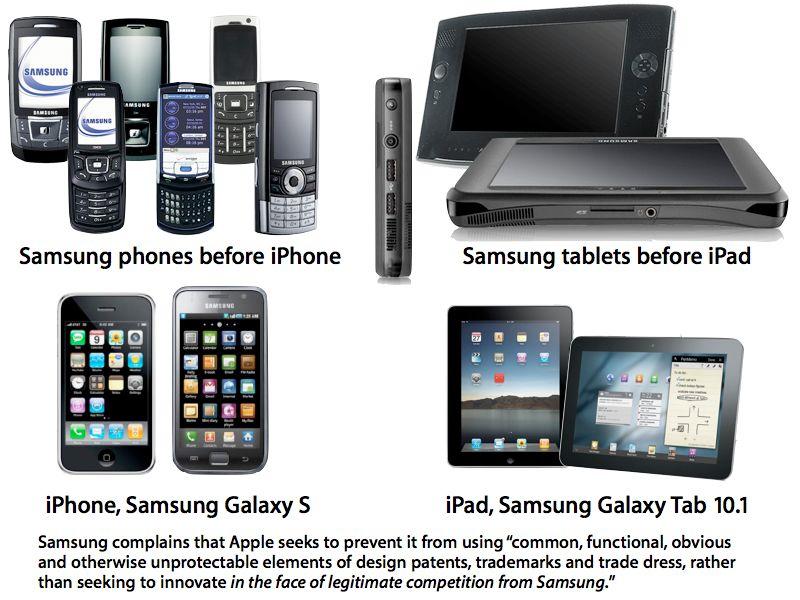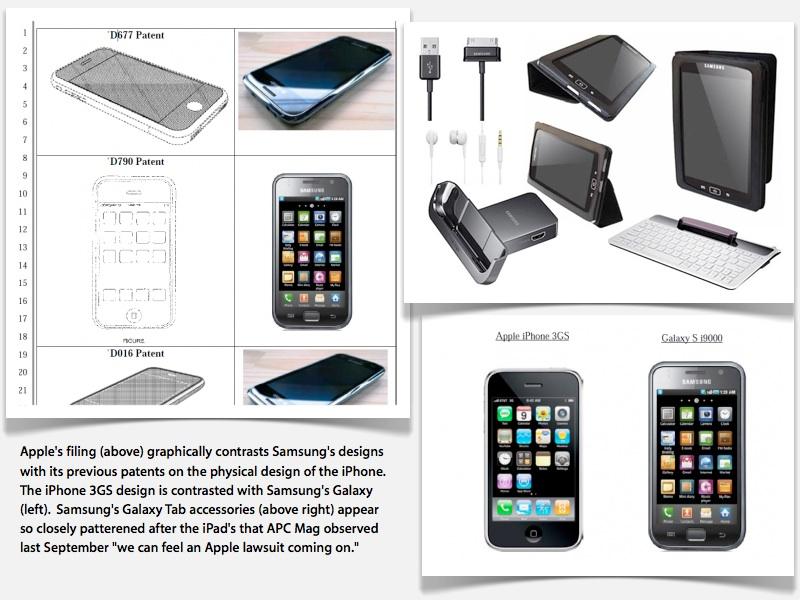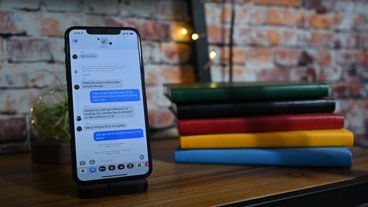Apple nearly scrapped iPhone "multiple times" says designer Sir Jonathan Ive
Speaking at a British Business conference coinciding with the London Olympic Games, Ive said, "We nearly shelved the phone because we thought there were fundamental problems that we can't solve."
Yesterday, Ive's comments at the same event that Apple is "really pleased with our revenues but our goal isn't to make money," made headlines.
A report by the Telegraph UK added additional comments from Ive describing the difficulties that nearly derailed the iPhone as a product.
"With the early prototypes," Ive stated, "I held the phone to my ear and my ear [would] dial the number. You have to detect all sorts of ear-shapes and chin shapes, skin color and hairdo...that was one of just many examples where we really thought, perhaps this isn’t going to work.â€
Apple subsequently developed a proximity sensor that made the iPhone's screen unresponsive when held close to the face, eliminating the majority of false touches that might interrupt a phone call. Steve Jobs highlighted that technology when introducing the first iPhone in January 2007.
Ive's comments on the often invisible technology advancements Apple developed to produce the original iPhone design are particularly noteworthy now that Apple's competitors, in particular Samsung, are claiming in court that they too had in-house prototypes that resembled the iPhone.
Unlike Apple, Samsung and other makers simply did not productize their full screen concepts by solving some of the same complex issues Apple ran into during its development of the iPhone.
Instead, those companies either put those ideas on hold (as Samsung did), or released half-baked products that may have looked fleetingly like an iPhone, but didn't work like one, causing customers to reject those products in the marketplace (like LG's Prada phone, which was introduced just months before the iPhone but failed miserably as a premium priced, limited functionally device based on Adobe Flash Lite).
Some online blog enthusiasts have been trying to gain traction for the idea that Apple has no legitimate claim to original technical or design concepts of the iPhone because they've been able to find pictures of prototypes with big screens that look similar to the iPhone that Apple successfully brought to market (despite the objection of pundits who complained about its technology choices, such as the idea that its lack of a physical keyboard would likely cause it to fail in the market).
Samsung has included several "who copied whom" internet memes in its defense in the U.S. District Court case now underway in San Jose, California. Yesterday, Samsung's Chief Product Officer Kevin Packingham complained to the sympathetic Wired that he found it "unreasonable that we’re fighting over rectangles, that that’s being considered as an infringement."
Samsung has jumped upon "rectangles" as a simplification of Apple's entire patent portfolio protecting the iPad and iPhone because Apple's design patent for the iPad uses the word "rectangle" in describing its signature shape, a design Samsung has boldly copied so closely that its own lawyers were at one point unable to tell the difference in court.
Samsung hasn't just copied the outside shape of the rectangular iPad, however. It has meticulously copied everything Apple sells down to the shape and design of chargers and accessories to the box the products go in to the lettering and design of the box itself, as well as the software features Apple pioneered to make its iOS devices easy and desirable to use.
Samsung's copying of the iPhone, iPhone 3G, iPhone 4 series, and the iPad have been so thorough and complete that retailer Best Buy complained to Samsung that customers were returning the Samsung Galaxy Tab because they thought they'd purchased an iPad.
 Daniel Eran Dilger
Daniel Eran Dilger












 Wesley Hilliard
Wesley Hilliard
 Andrew Orr
Andrew Orr



 Amber Neely
Amber Neely

 William Gallagher
William Gallagher







